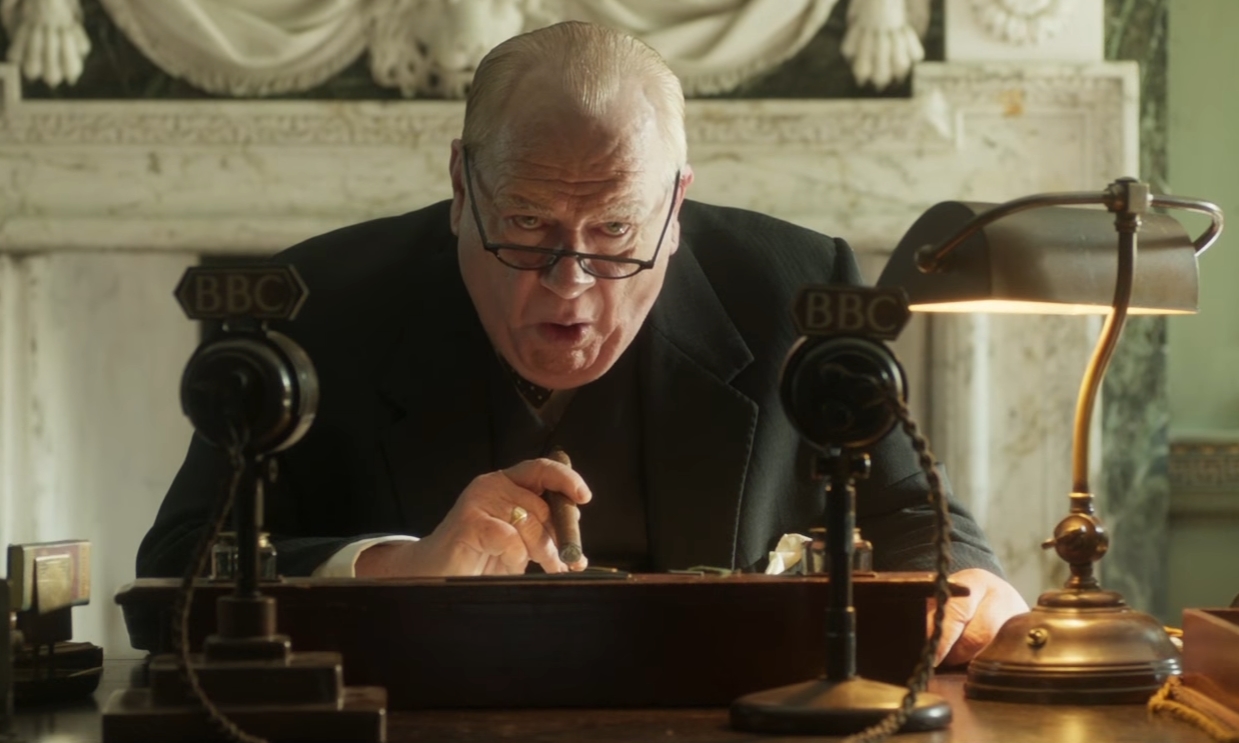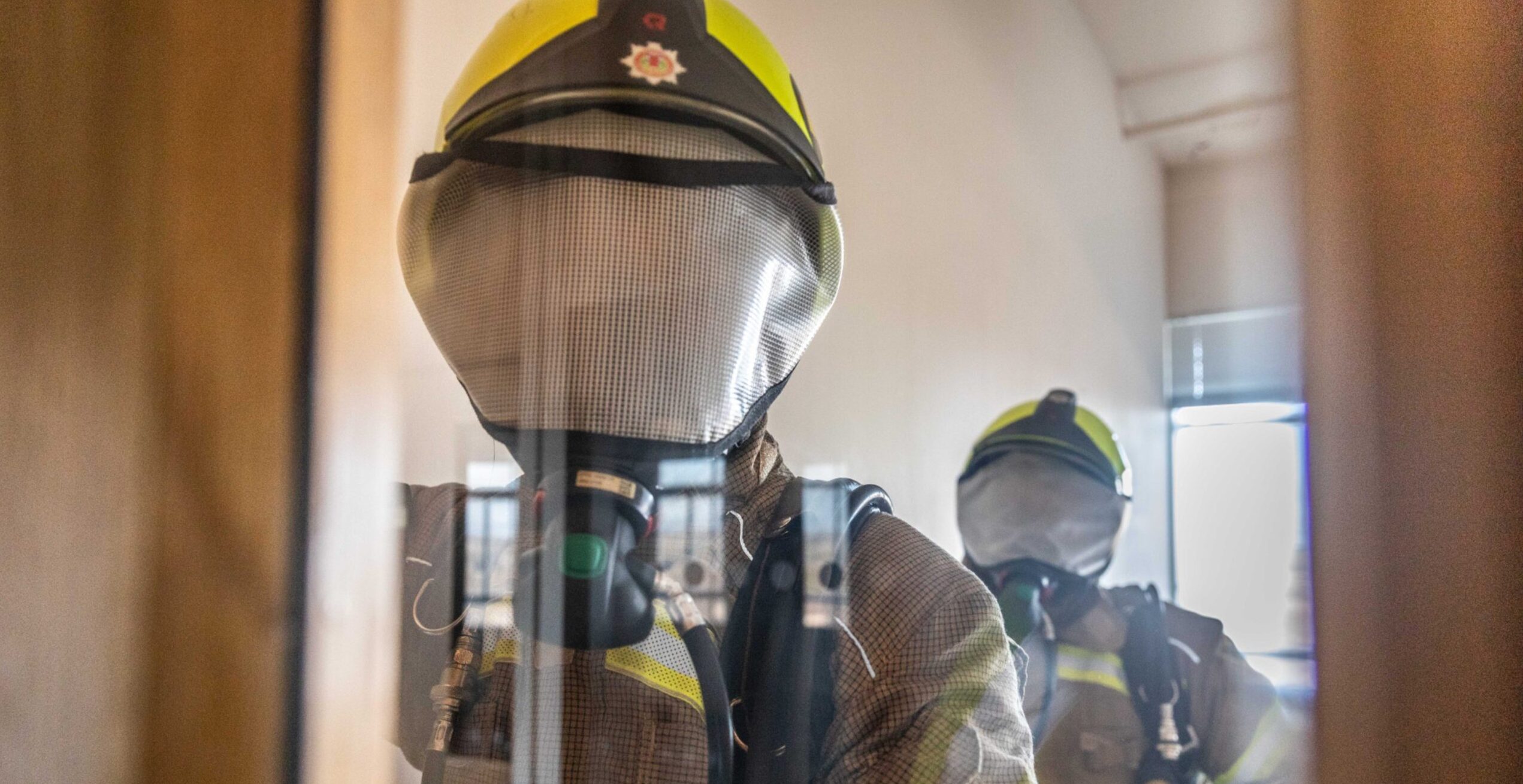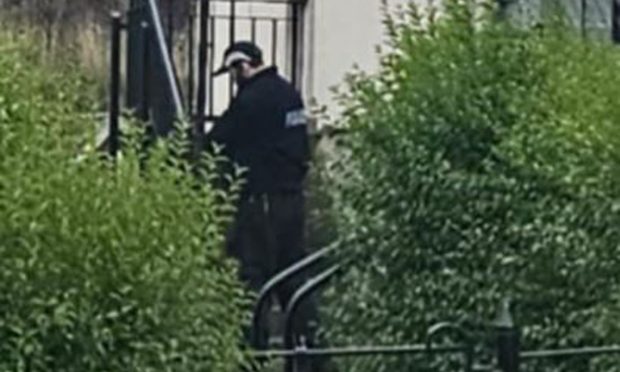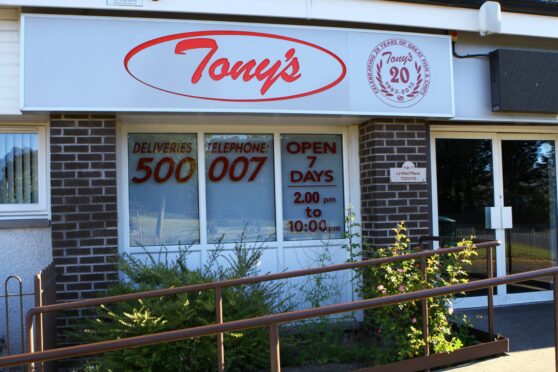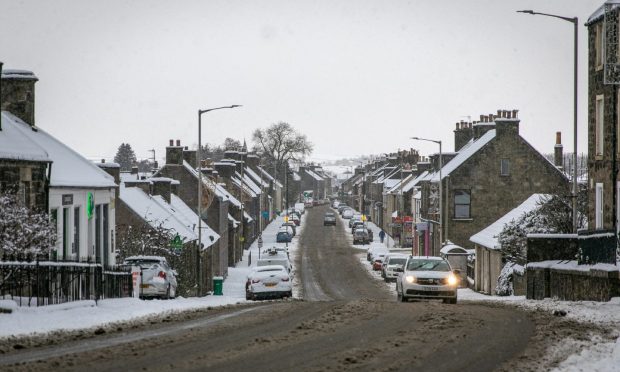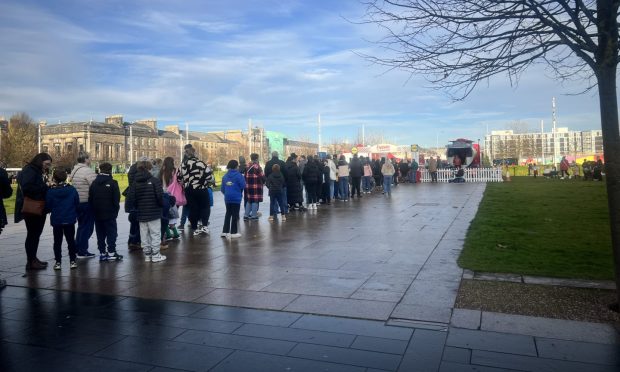Cinema-goers will finally get the chance to see Brian Cox’s portrayal of Winston Churchill after a new film about the wartime leader and one-time Dundee MP hit the big screens.
Churchill, which focuses on the 24 hours leading up to the D-Day invasion of France, was released on Friday.
The Dundee-born actor Cox put on 10 kilograms and shaved his head for the role, which explores Churchill’s fears the invasion would fail.
It also explores the toll the second world war took on Churchill’s mental and physical health.
Although the movie will not arrive in Dundee until June 16 when it is screened at Dundee Contemporary Arts but critics have given near-unanimous praise to Cox for his portrayal of Churchill.
Rolling Stone magazine’s Peter Travers said Cox turns the film into an “acting masterclass” and that the opportunity to see him “tear into the role” of Churchill is unmissable.
Variety’s chief film critic Peter Gleiberman thought the drama is “prosaic” but Cox played Churchill with “roaring conviction, all fire and bluster“.
Others were less impressed, however.
Although online magazine The AV Club’s film critic Ignatiy Vishnevetsky saidCox plays Churchill “capably” he branded the move “pathologically middlebrow”.
He was also unimpressed by the movie’s need to have the “end titles explain who won World War II”.
During filming, Mr Cox described Churchill as a man who “had a vision, a great heart and a great sense of caring” compared to today’s politicians, many of whom he described as “a bunch of chancers“.
Before the second world war, Churchill represented Dundee as a Liberal MP for 14 years from 1908.
He lost his seat to Edwin Scrymgeour, the only prohibitionist ever elected to parliament.
Churchill had initially enjoyed strong support from Dundee’s Irish community but this fell away after he controversially deployed the Black and Tans during the Irish War of Independence.
He was often criticised for the lack of time he spent in Dundee as its MP but some attribute his defeat in the 1922 election to his ill health in the run up to the vote, which prevented him from campaigning as normal.
